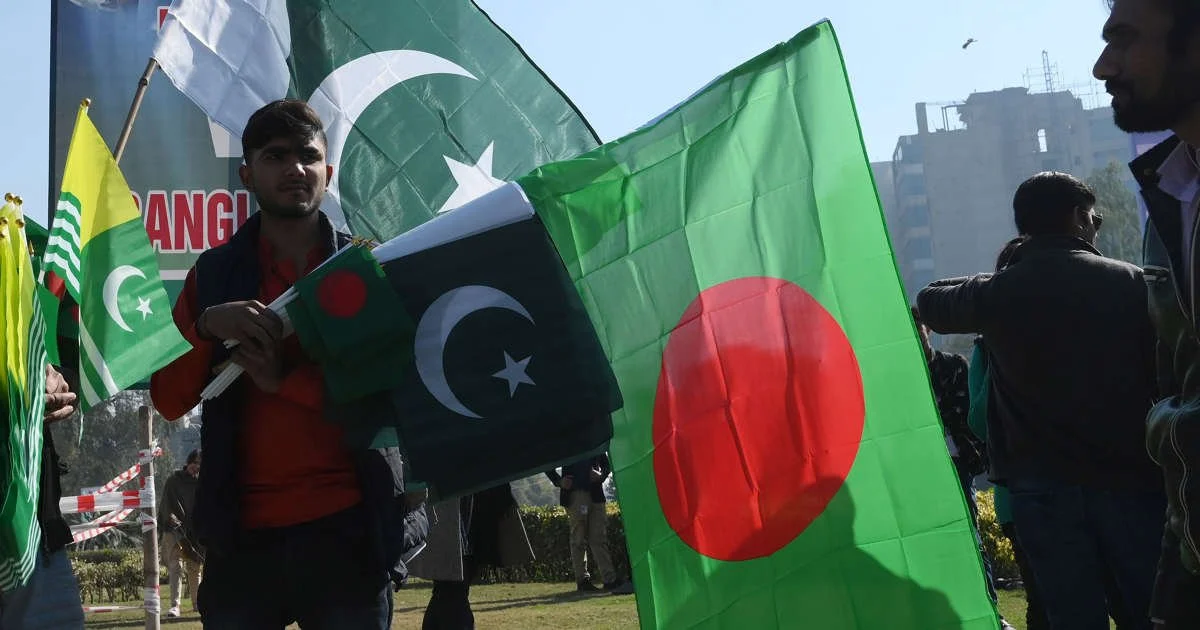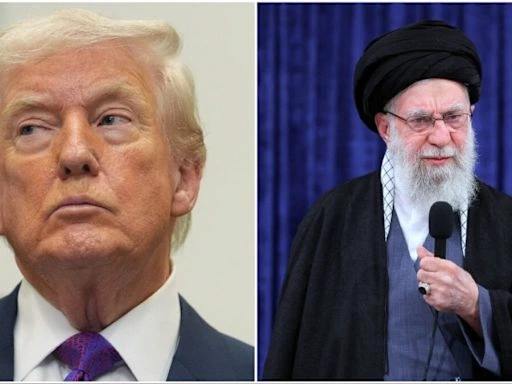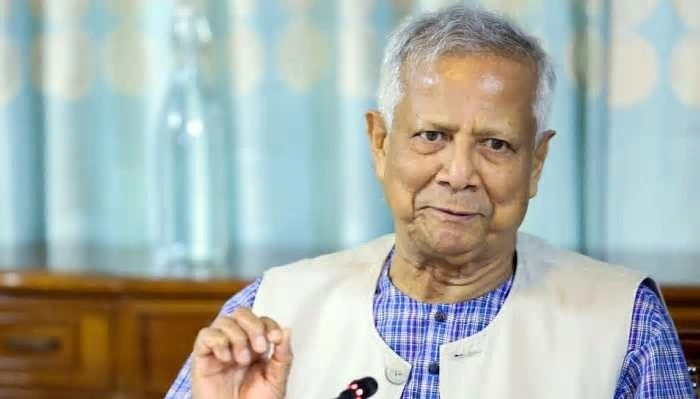26 Oct 2024, 2:52 PM The recently published World Justice Project Report has revealed troubling findings regarding the state of law and order in Pakistan, ranking the country as the third worst globally.
This ranking reflects a broader concern about governance, judicial independence, and the overall effectiveness of law enforcement agencies in the country.
The World Justice Project Report evaluates countries based on a variety of factors, including the effectiveness of the criminal justice system, the prevalence of corruption, and the protection of fundamental rights.
Pakistan’s placement in this report highlights significant shortcomings in these areas.
The nation received particularly low scores in dimensions such as “Absence of Corruption” and “Civil Justice,” indicating pervasive issues that undermine the rule of law.
Factors Contributing to the Ranking of World Justice Project Report
Several factors contribute to Pakistan’s poor standing in the World Justice Project Report. Corruption within law enforcement agencies has been a long-standing issue, eroding public trust and hampering effective policing.
Reports of bribery and misconduct among police officials have created an environment where citizens often feel unsafe and unsupported when seeking justice.
Furthermore, the judicial system in Pakistan faces considerable challenges, including long delays in court proceedings, limited access to legal representation, and a backlog of cases.
These obstacles create a sense of frustration among the populace and deter individuals from seeking legal recourse. The World Justice Project Report underscores the need for judicial reforms to enhance efficiency and transparency within the system.
Public Reaction and Implications of World Justice Project Report
The findings of the World Justice Project Report have sparked outrage among civil society organizations and human rights activists in Pakistan.
Many are calling for immediate governmental action to address these pressing issues, emphasizing the need for reforms that promote accountability and strengthen the rule of law.
Activists argue that without significant changes, the cycle of violence and impunity will continue to plague the nation.
Additionally, this ranking could have broader implications for Pakistan’s international standing.
Countries that are perceived as having weak law and order may face difficulties in attracting foreign investment and securing international partnerships.
A negative image can deter potential investors who prioritize stable and secure environments for their operations.
Looking Ahead
The World Justice Project Report serves as a wake-up call for Pakistan’s leaders to take the necessary steps toward improving law and order. By addressing corruption, enhancing judicial efficiency, and fostering public trust in law enforcement, Pakistan can work toward a more just and equitable society. Only through concerted efforts can the nation hope to improve its standing in future reports and ensure the safety and rights of its citizens.





